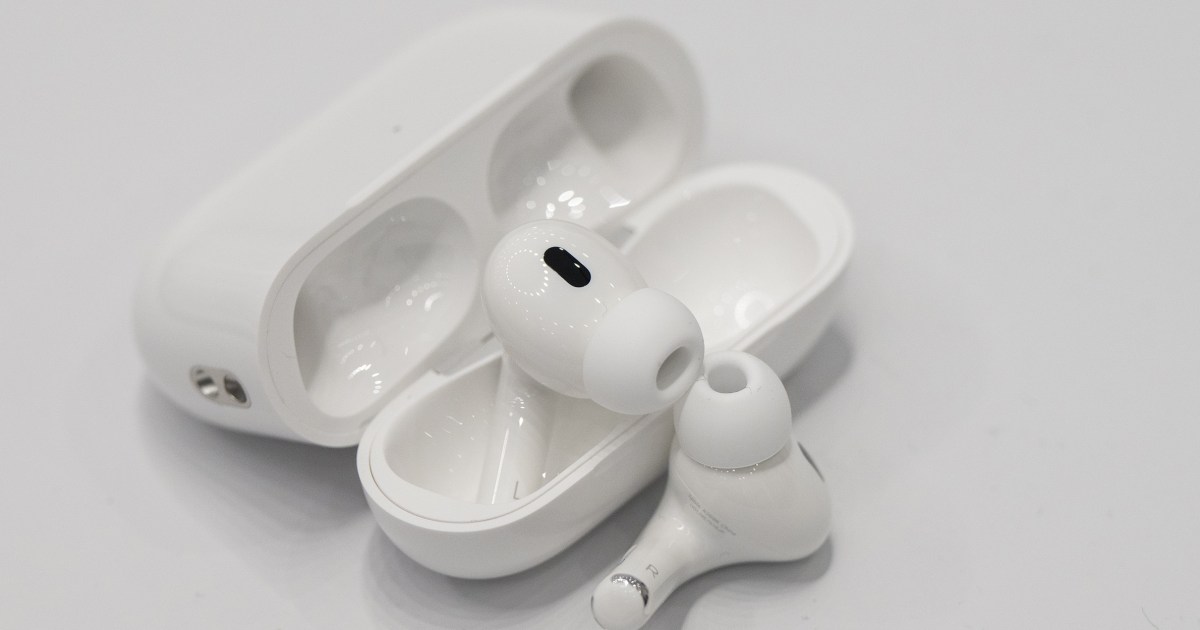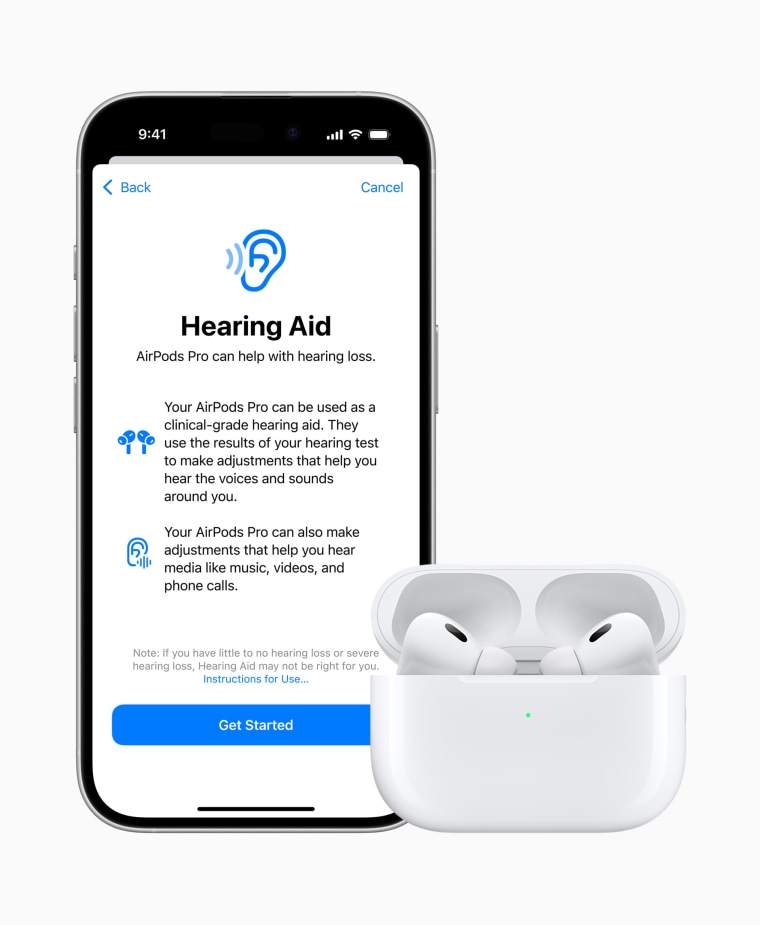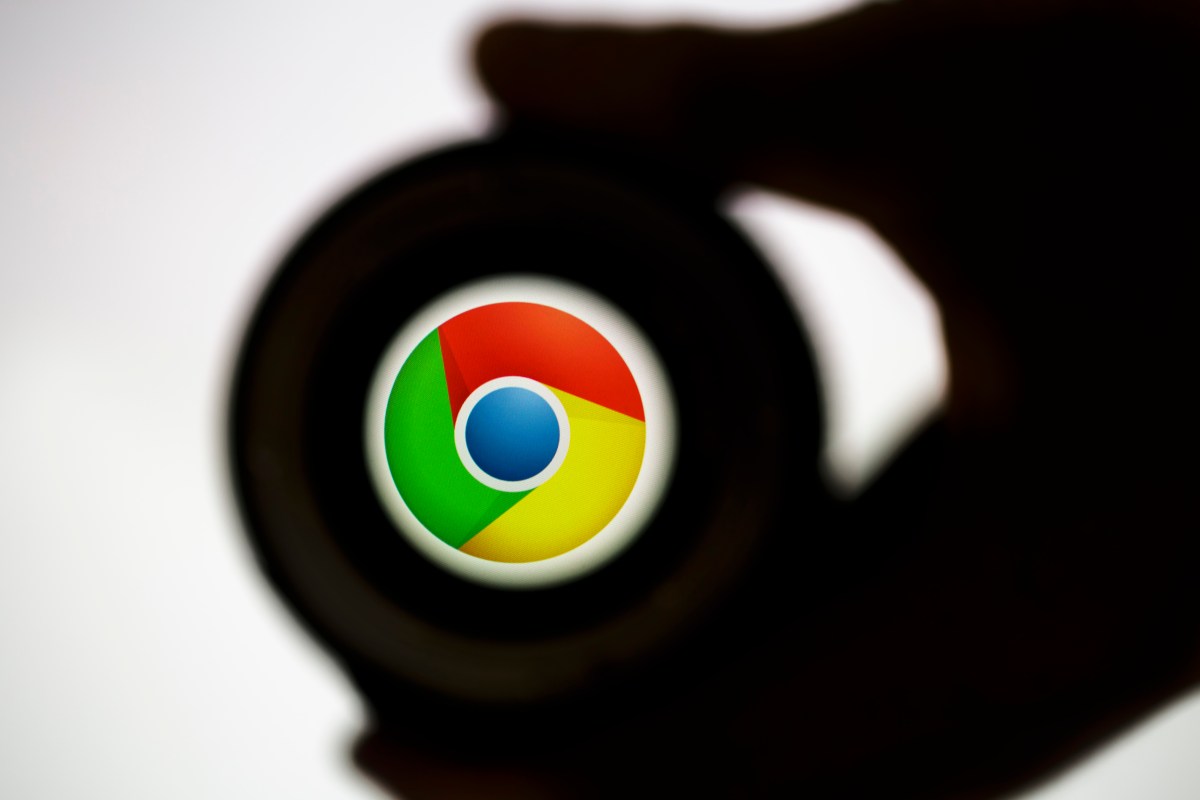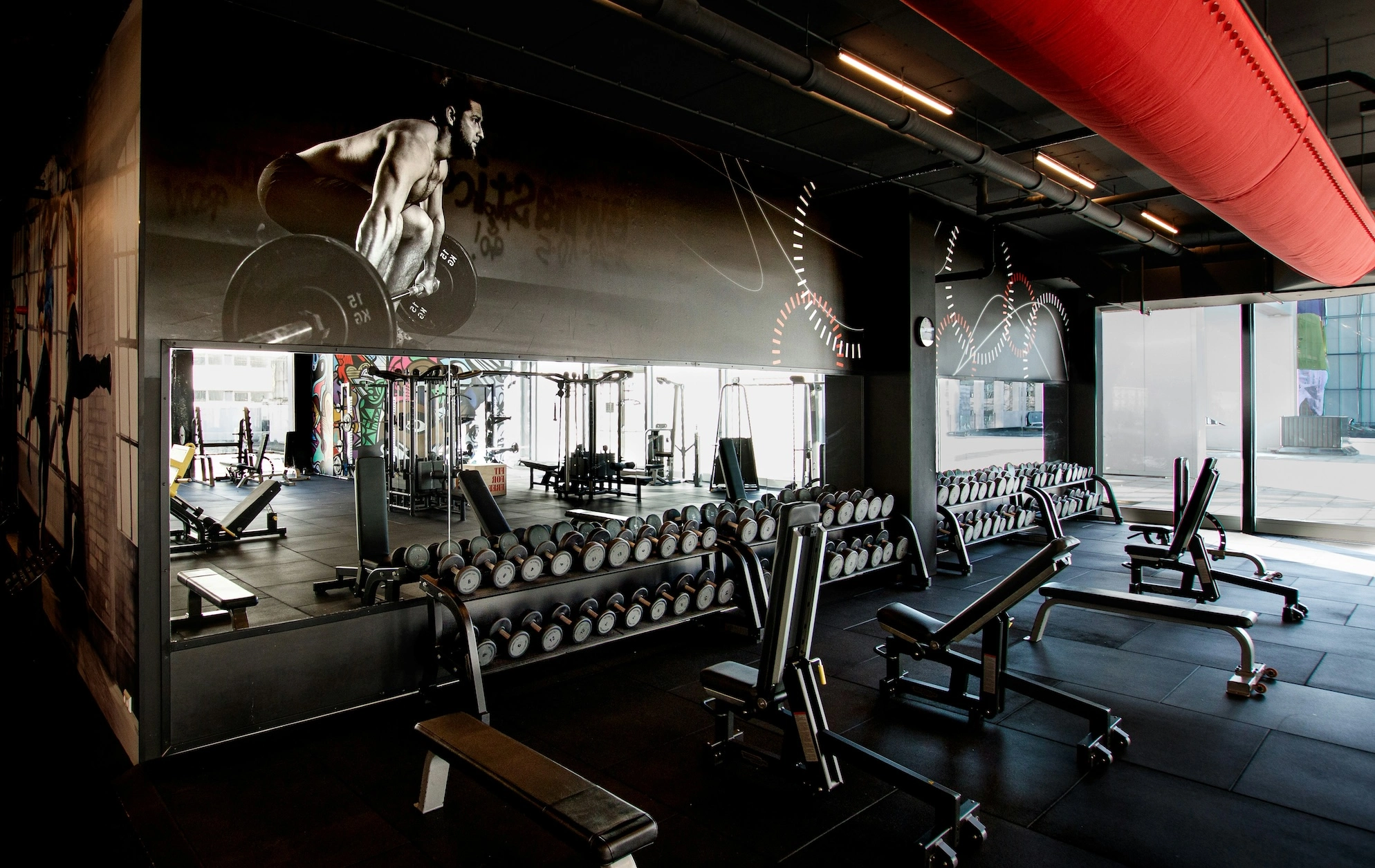Tech
Apple will start selling AirPods with built-in hearing aids

Apple said Monday that a version of its latest AirPods earbuds will come with built-in hearing aids, which it says would help more than 1 billion people globally.
The feature on the AirPods Pro, which Apple describes as equivalent to an over-the-counter hearing aid, is designed for users with mild to moderate hearing loss. After users take hearing tests on iPhones or iPads running iOS 18, their AirPods will make “personalized dynamic adjustments” to allow them to properly hear their immediate listening environments, with sounds boosted to prescribed levels in real time.
“This helps them better engage in conversation, and keeps them connected to the people and environment around them,” Apple said.
The settings are also automatically applied to any media a user is listening to.
The hearing test takes about five minutes. Results, including audiograms, will be stored privately within the Health app.
The AirPods Pro will use the personalized hearing profile to inform how its hearing aid feature adjusts sounds in real time, including phone calls, music and other types of media.
The AirPods upgrade also includes a passive noise-reduction hearing loss “prevention” feature that automatically dampens ambient loud noises — while retaining audio integrity — which Apple says would come in handy at live concerts.
Apple noted that according to the World Health Organization, about 1.5 billion people around the world live with hearing loss.
“For decades, Apple has led the way in designing products for everyone and supporting users with a broad spectrum of hearing abilities,” Sarah Herrlinger, Apple’s senior director of global accessibility policy and initiatives, said in a statement. “These features on AirPods Pro will make an impact on so many people by driving more awareness around hearing health and empowering individuals with new customizable tools to help them stay connected.”

The company also announced new Apple Watch features to detect sleep apnea. The device will use a “Breathing Disturbances” metric to trigger sleep apnea notifications, a feature that is expected to roll out this month after it is approved by global health authorities, including the U.S. Food and Drug Administration.










